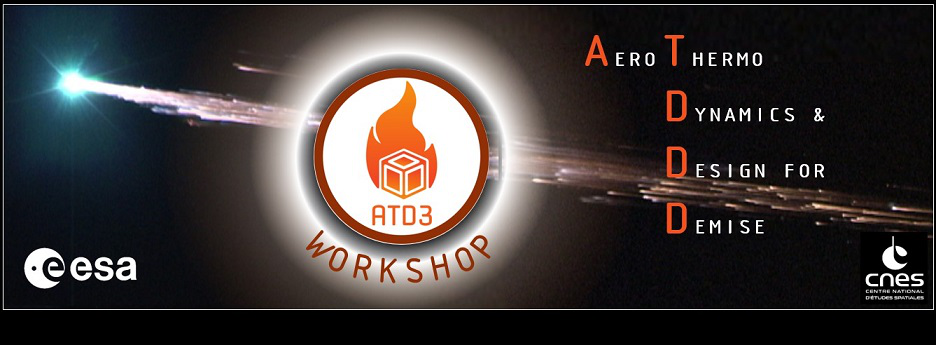Speaker
Description
High-power lasers are increasingly considered for Active Debris Removal and illumination of low-orbit objects, and progress in high-power laser technology will be instrumental to achieve that aim. One of the main bottlenecks of high-power laser technology is the management of the ever-growing thermal load to which the optical elements are subjected. Scaling up their physical size indefinitely isn’t an option, as optical flatness is hard to attain for large surfaces. Moreover, the epitaxial growth of doped monocrystals often used in laser amplifiers is also limited in size, as dopant homogeneity becomes hard to control in large-diameter growth chambers. As a result, laser engineers have to come up with innovative laser architectures in order to maintain acceptable work temperatures as well as optimal optical quality required to focus lasers on low-orbital objects.
Based on the expertise of the CELIA lab in Bordeaux in high-power laser technology for scientific and industrial applications, we present a novel architecture for high-power pulsed lasers, developed in the HORIZON project. HORIZON’s main amplifier head is based on three active rotating discs fully immersed in ultra-pure cooling water. The water flow is controlled and maintained in a laminar regime, allowing the light to pass through and be amplified with negligible optical degradation. More than 1.3 kW have already been obtained on Horizon in continuous mode, and simulations predict pulses up to more than 800 mJ at 1 kHz, and a duration around 1 picosecond. The average output of HORIZON is therefore many times higher than the current systems used to test laser-assisted debris illumination.
Finally, we discuss the various innovations gathered to reach this goal, and conclude on the potential interest of Horizon-class lasers for the illumination and deorbitation of space debris.

